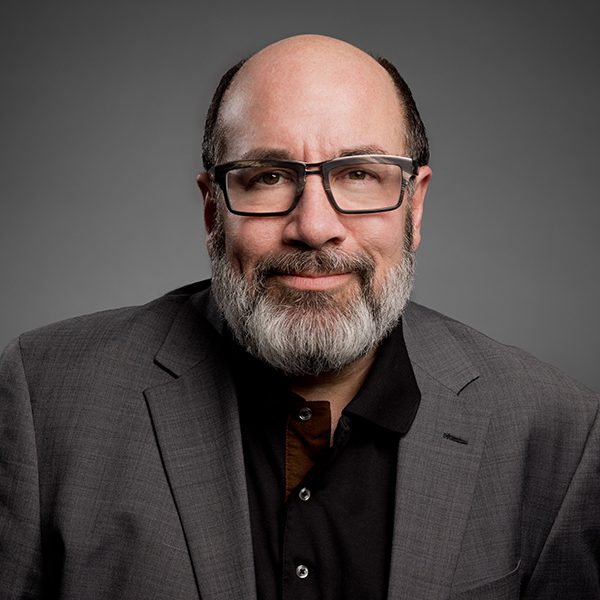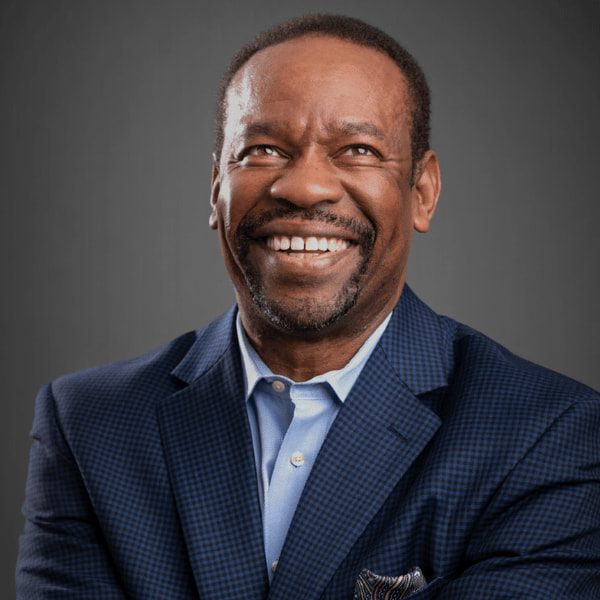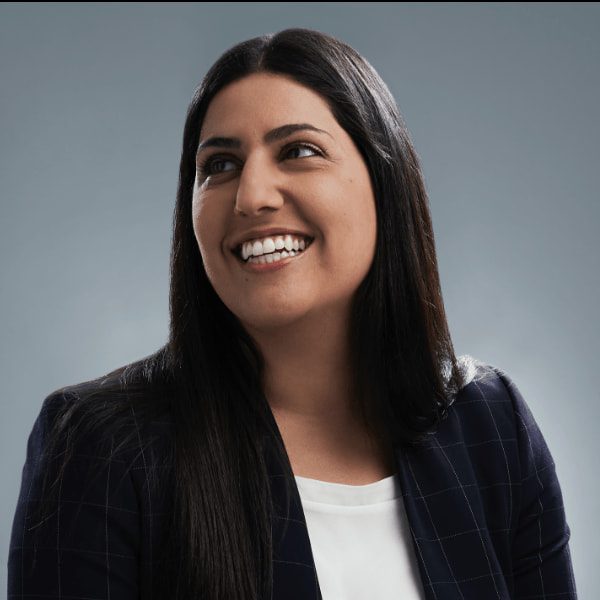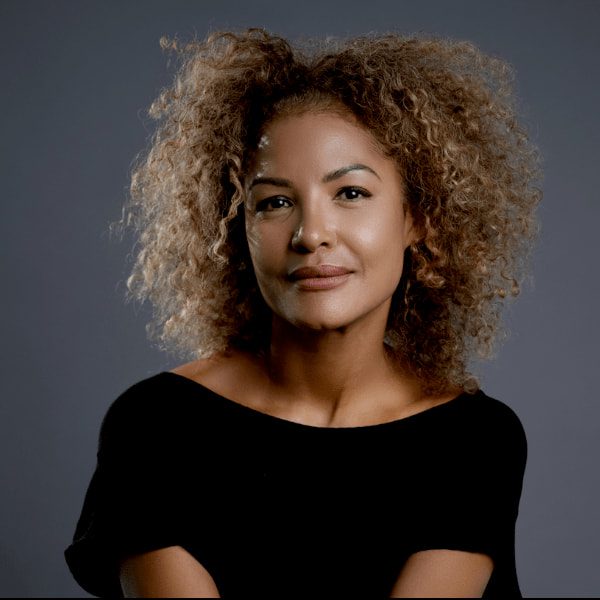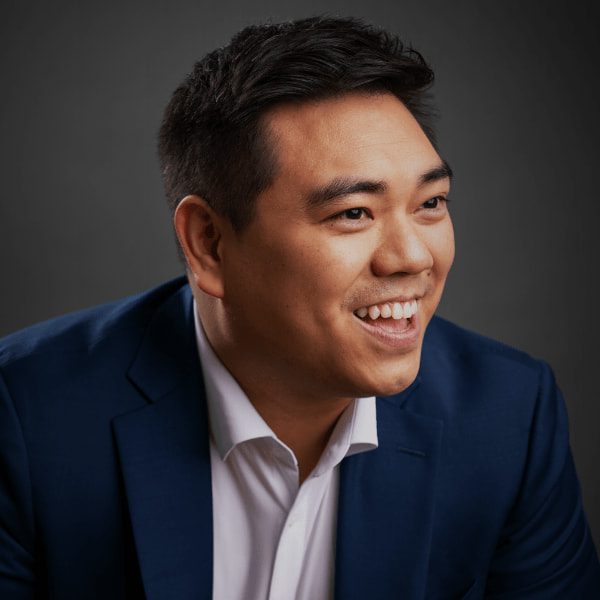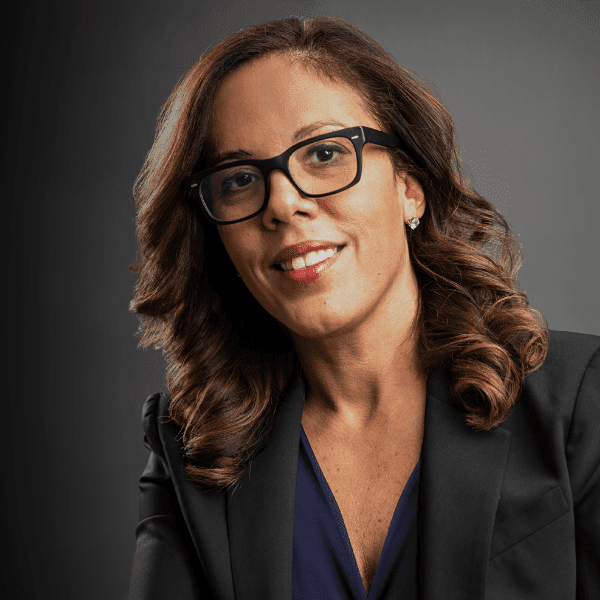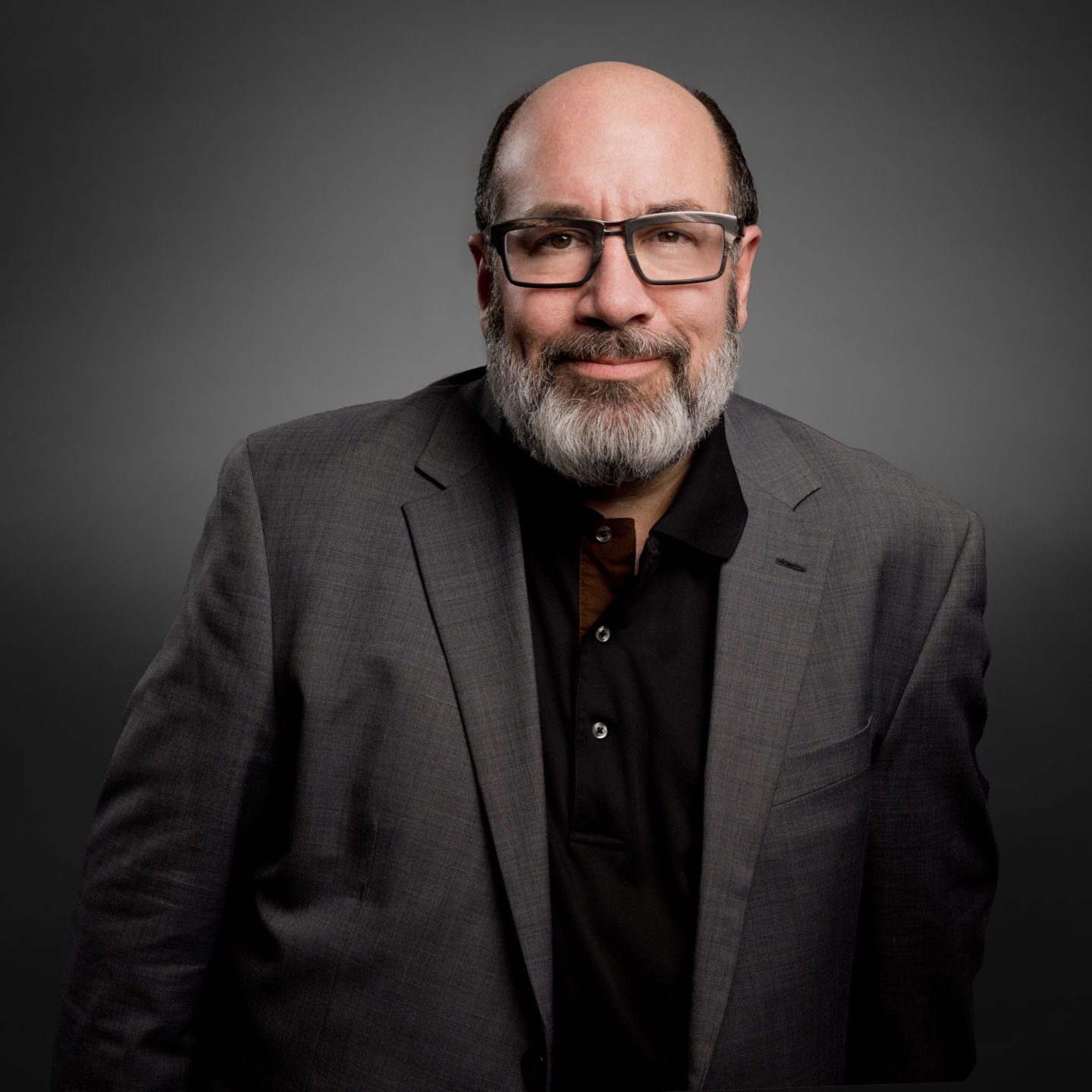Andrew M. Martin
This Is My Story.
As I reflect back on growing up in a small town in the Midwest,
it occurred to me that my life seemed a lot like a John Hughes film from that time period (80’s). People had varied and even colorfully different personalities, but there was little racial or economic diversity in my world at that time. Of course, I had some racial minorities as classmates in school, but it was still a very monocultural place. As a white male, it wasn’t until I began to realize that I was gay, before I appreciated the risks associated with being an outsider, and the potential consequences of being a member of an unpopular minority group.
I feel strongly that we need to make it safe for everyone to talk about diversity and inclusion in an open and honest way, because we value input from everyone.

Meet Andrew
Andrew M. Martin is a partner in the London office of Crowell & Moring focused on investment transactions and distressed debt and claims trading. He represents investment banks, broker dealers, hedge funds and other financial institutional clients. His work focuses on the purchase and sale of par and distressed bank loans, high-yield debt, claims in bankruptcy and insolvency proceedings, and reorg equities.
Since I was the first person in my family to go to college, my parents firmly believed that higher education should lead to a professional career. I studied finance and marketing at the University of Cincinnati and had several banking internships in New York City. I fell in love with New York City for many reasons, but I especially appreciated the extensive community of gay professionals. It seemed that New York City had room for everyone and was happy to have you. So after graduation, I immediately moved to Manhattan and accepted a position as a Management Associate in Citibank’s Private Banking Division.
Finding the Right Role
While working at Citibank, I interacted daily with Citibank’s trusts and estates professionals. The group was filled with old-school trust and estate attorneys, who I noted were often fond of wearing bowties, and who advised high-net worth families on intergenerational wealth issues. I saw how important and trusted these men were to the families they advised, and how their role was much more than just a banker. They were advisors that the family members trusted, and they would seek their advice and honest insights, on a whole host of different topics. I felt very drawn to that role of trusted advisor and decided to attend Fordham Law School’s evening J.D. program, so I could continue to work at Citibank. Today I represent hedge funds and banks, rather than individual families, but I still feel that pride of being trusted to provide extraordinarily valuable advice to those clients who rely on me.
My previous firm was a small legal boutique with a tightknit culture where everyone’s opinion was important, and we were focused on doing great work for great clients. Once we decided to join Crowell in 2021, we were uncompromising about preserving that strong culture built on excellence, diversity and respect. Crowell was more than just the right fit, it was actually a better fit in many ways. Both firms valued the same things, but Crowell had found a way to incorporate those values into everything that is done here at the firm. It’s really quite amazing.
Creating Support for Others
As a white male, who is gay, I know I’ve had it easy compared to many others. I elected to always be “out” about my sexuality in a professional context. I understood that my decision might cost me a promotion in the future, but the damage caused by hiding who I really was would have been far too high a price to pay. Fortunately, looking back now, I don’t think that I’ve been denied any professional opportunities in my career due to my decision, and now talented LGBTQ+ professionals are in high demand.
I appreciate that sometimes people who are “non-diverse” may see the topic of diversity as unfamiliar or challenging. I feel strongly that we need to make it safe for everyone to talk about diversity and inclusion in an open and honest manner, because we want input from everyone. No one should feel excluded from the discussion. While each of us experience diversity on our own personal level, it is the journey that we take together collectively as colleagues that can be truly transformational.
Success at Crowell begins with recruiting and nurturing the very best talent. For example, I was very impressed by our most recent cohort of summer associates, who were very impressive individuals and also wonderfully diverse as a class. We have client teams and practice groups that include lawyers from the across the firm from different backgrounds with different experiences. When you have colleagues from diverse backgrounds work together, you have more diverse thought, which produces better ideas and outcomes, creating more value for our clients. And because we’re so intently focused on excellence and inclusion, I know Crowell will also strengthen and grow our client base over the long term.

